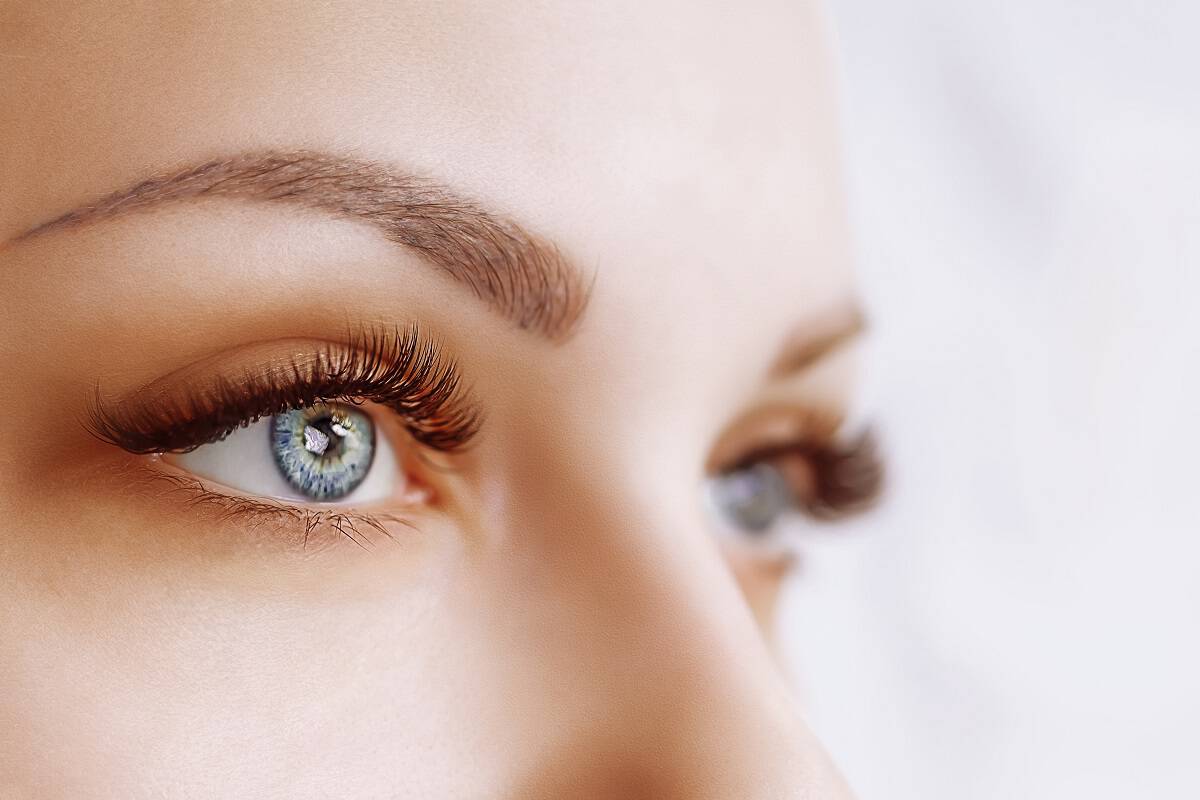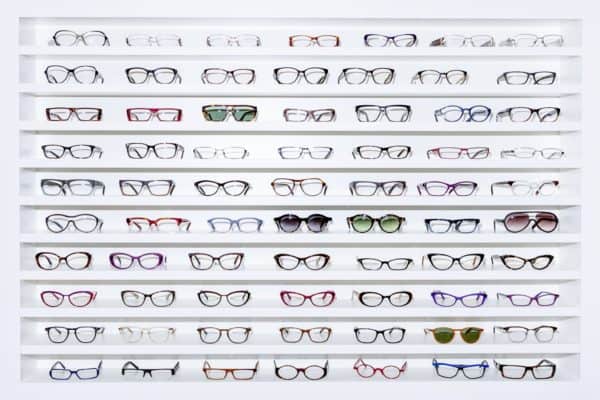Have you ever noticed that your friends and family members have an increasingly difficult time reading text once they hit middle age? You’re not imagining things: presbyopia (also known as age-related farsightedness) is a condition in which the eye’s lens gradually loses its flexibility, hindering its ability to focus the light to the retina. As their lenses get stiffer, people can no longer see objects up close as well as they used to.
At Laser Eye Center of Miami, our team of savvy eye doctors treat patients with presbyopia every day. Here, our experts explain what patients can do about presbyopia and whether there are any options for preventing it. Continue reading










